The new Specialized Allez owes it to cycling to be good
The £1,000 road bike is the most important category on the market
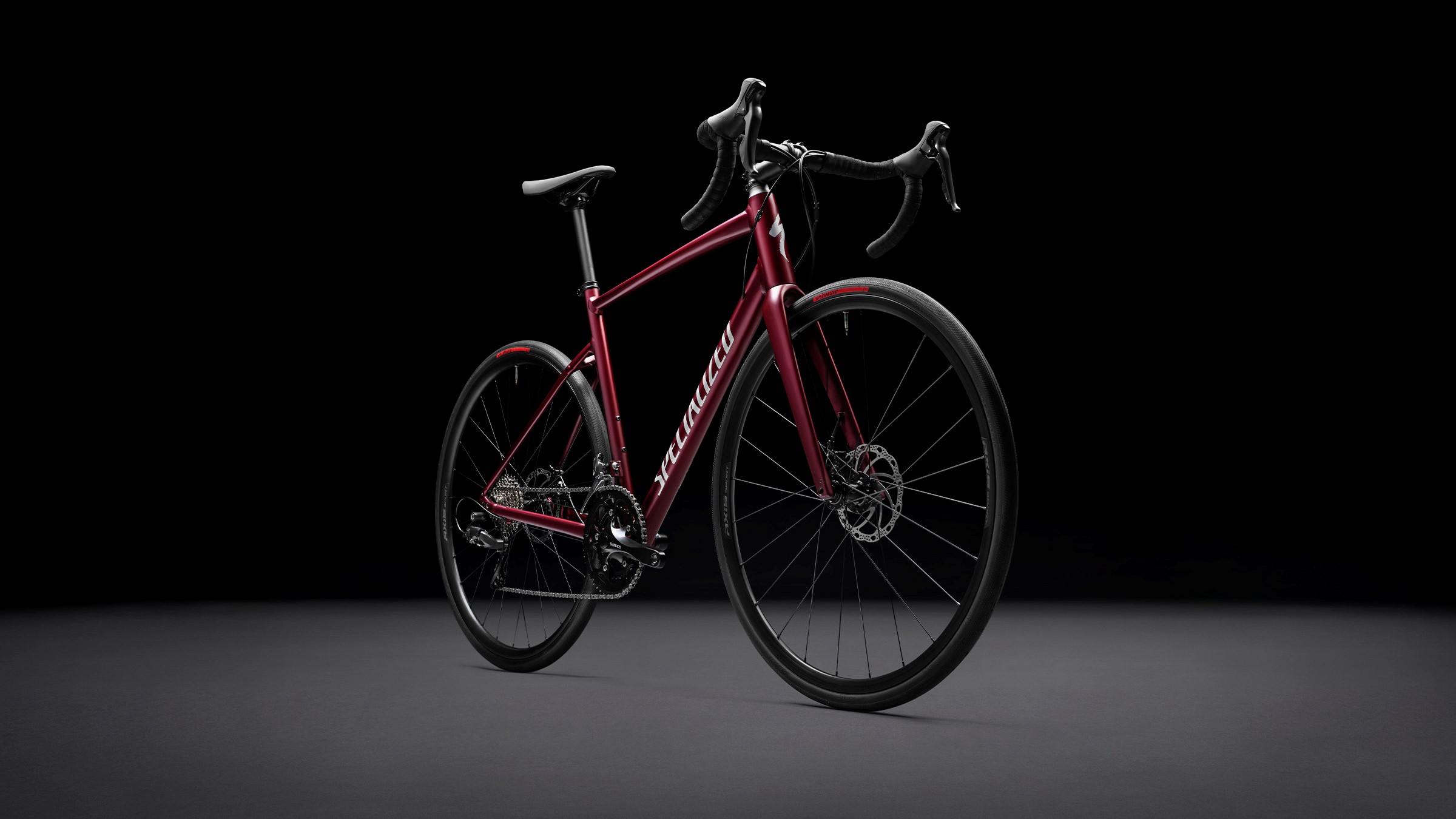
Today marks the release of a new Specialized Allez. Sure we’ve had the Allez Sprint relatively recently, but that’s more of an aluminium version of the Specialized Tarmac than what we think of as the ‘normal’ Allez.
While the Allez been the company's top end road bike in the past, it now sits as a budget road bike, and in my opinion it’s a far more important release than a new Tarmac would be, and I think it has a greater responsibility to be a good bike than far more expensive models. Not just the Allez specifically, but all road bikes around the £1,000/$1,000 dollar mark. Sure that’s shifted a little upwards along with everything else in life, but the genre remains the same; it’s many rider’s first ‘proper’ road bike. It’s the gateway to the sport we all love, and given the market share Specialized has, it bears a greater responsibility than smaller brands.
The new bike on the face of it shares a lot of the hallmarks of the genre from older generations, but I haven’t ridden it so I will refrain on passing judgement. Our Tech Editor is currently writing up a first ride review as I write this, so I will stick to broad brushstrokes rather than granular detail, but be sure to give that a read to find how the bike actually handles in the real world.
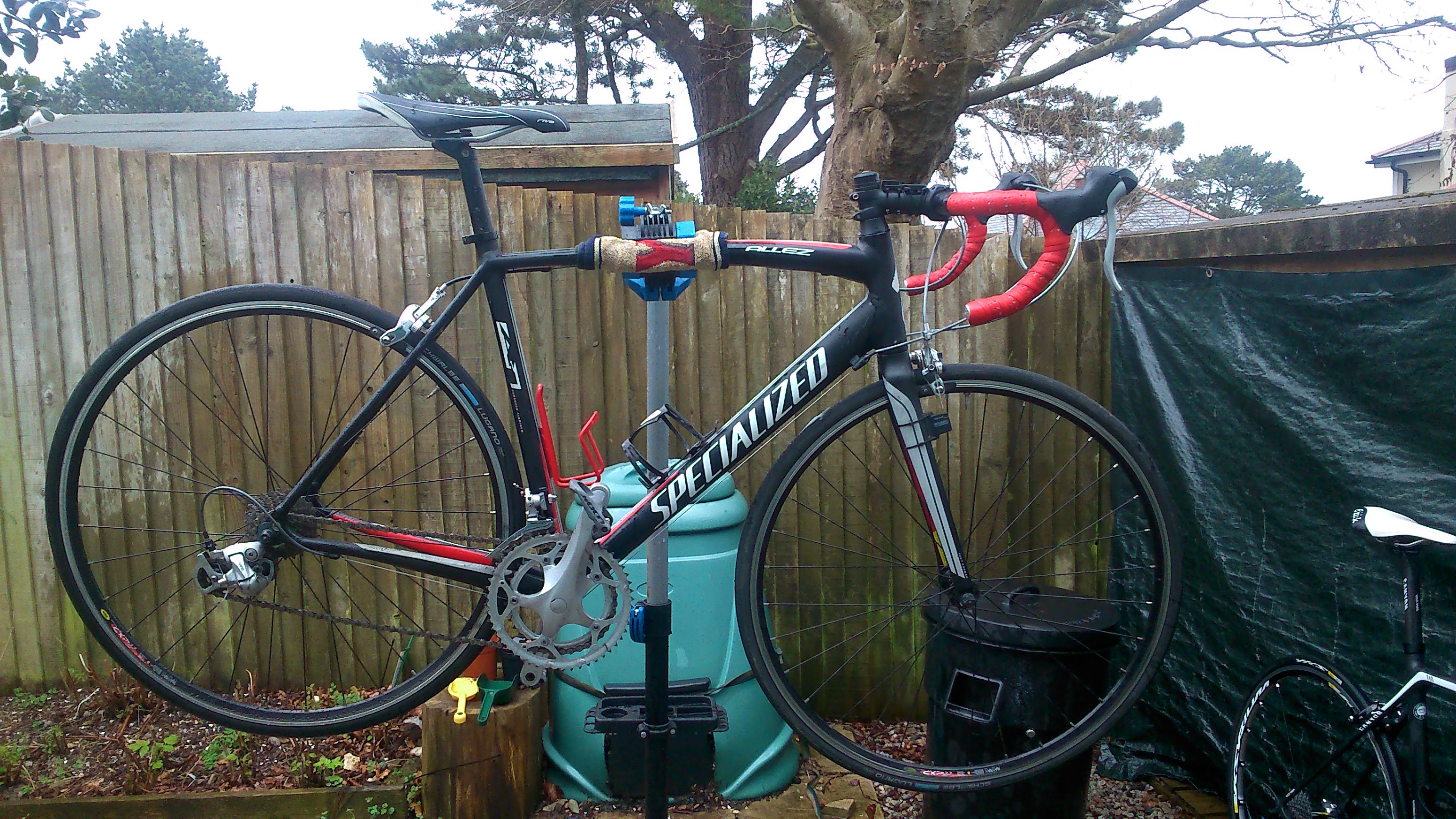
The £1,000 bike
The best budget road bikes, those around the very bottom end of four figures, are for many of us the jumping off point into a world of club rides, tight clothes, strange obsessions over sock height and tan lines, and, eventually, hair removal. It all starts with a basic package of a decent frame with appropriate geometry, and basic componentry that’s ripe for upgrading once you’ve completely abused and failed to maintain them. There are a myriad of options in this category, even beyond those we’ve featured in our buyer’s guide, but given the prominence of Specialized as a brand, the Allez perhaps sits above the rest as something akin to ‘the default choice’ for many consumers, something I don’t believe really exists in any other bike category or bike genre.
When I first got into cycling, mostly because my best friend had been doing it for a couple of years and I'm extremely impressionable, I asked him what bike I should get. “Just get an Allez. I’ve got one and it’s great”, he said, and not really much more to be honest, so that’s what I did. My Stepdad also had one the year before me. I’m not saying it’s the only choice, not by a long shot, but it was certainly pride of place in the local bike shop, and in the forefront of my mind despite having no real knowledge of road bikes at that time of my life.
Perhaps it’s almost like when you want to order a soft drink and you don’t know what to get, so you go for Coca-Cola, except significantly more expensive.
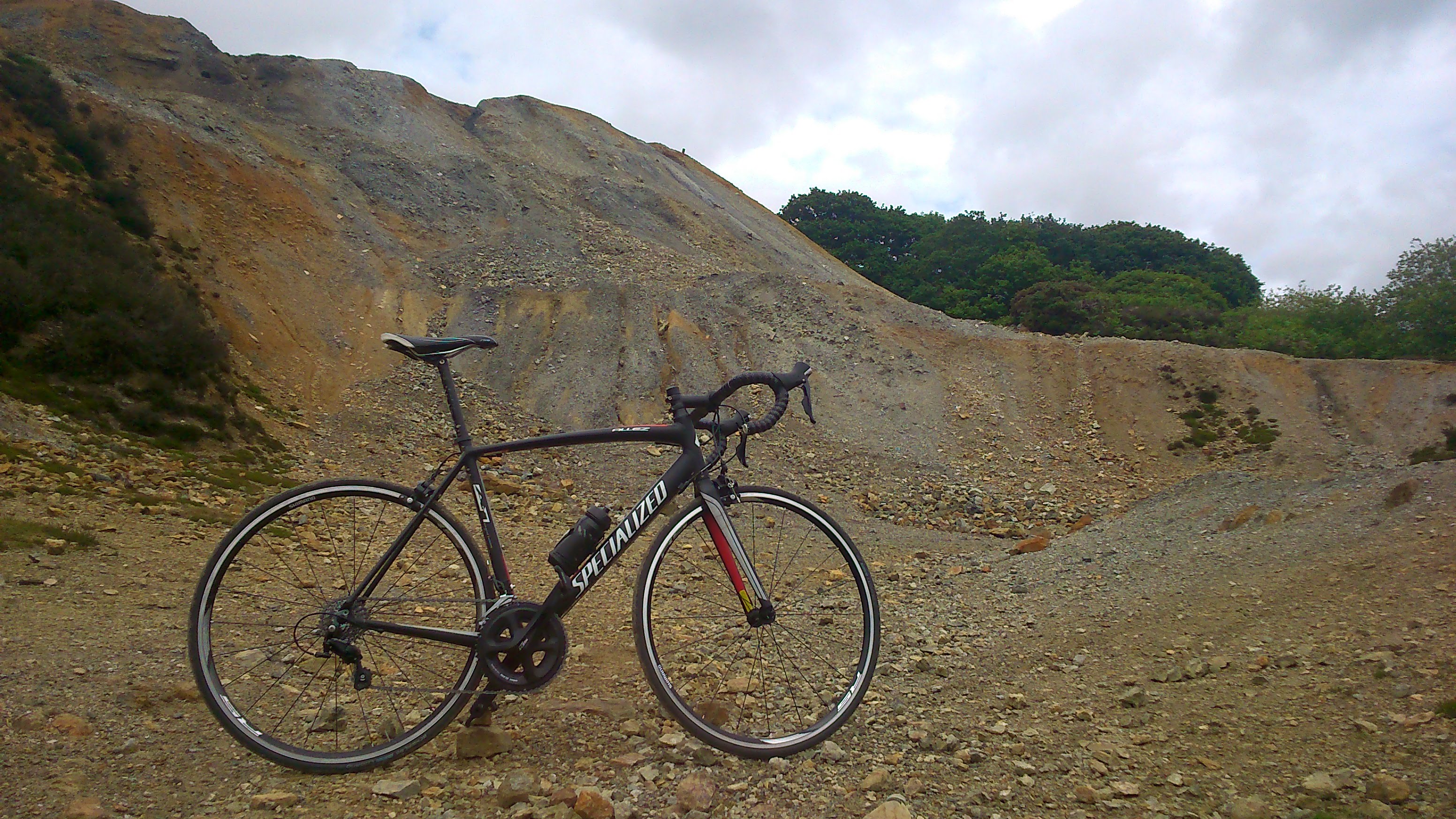
Why is the segment so important then? I used to think that beginner stuff wasn’t all that important. "Good stuff is wasted on newcomers", the gatekeeping part of my frontal lobe would whisper. Well, if your first experience of something is horrible then you’re less likely to try it again, wouldn’t you say? It’s the main reason I don’t eat oysters; the first time I tried them it was like sucking phlegm off a rock, so I wasn’t dead keen to experience that again.
The latest race content, interviews, features, reviews and expert buying guides, direct to your inbox!
The same rings true for bicycles. If your first ride is a delightful, fast handling, predictable and comfortable experience you’re going to think… “Well this is great, and this is the bottom end. Imagine what it’ll be like when I fork out some more cash in a few years”. A bit like, for me anyway, ice cream, to use another food analogy.
I have huge misgivings about rampant capitalism and consumerism, but the cycling industry for better or worse also allows me to pay my rent, puts food in my belly (not just ice cream), and a bit of pocket money. If potential lifelong cyclists are turned away at the first hurdle because their first bike is uninspiring, poor value, or breaks, then the trickle-up effect down the line never even gets started. My cupboard is littered with the accoutrements of hobbies and sporting endeavours that never really got off the ground.
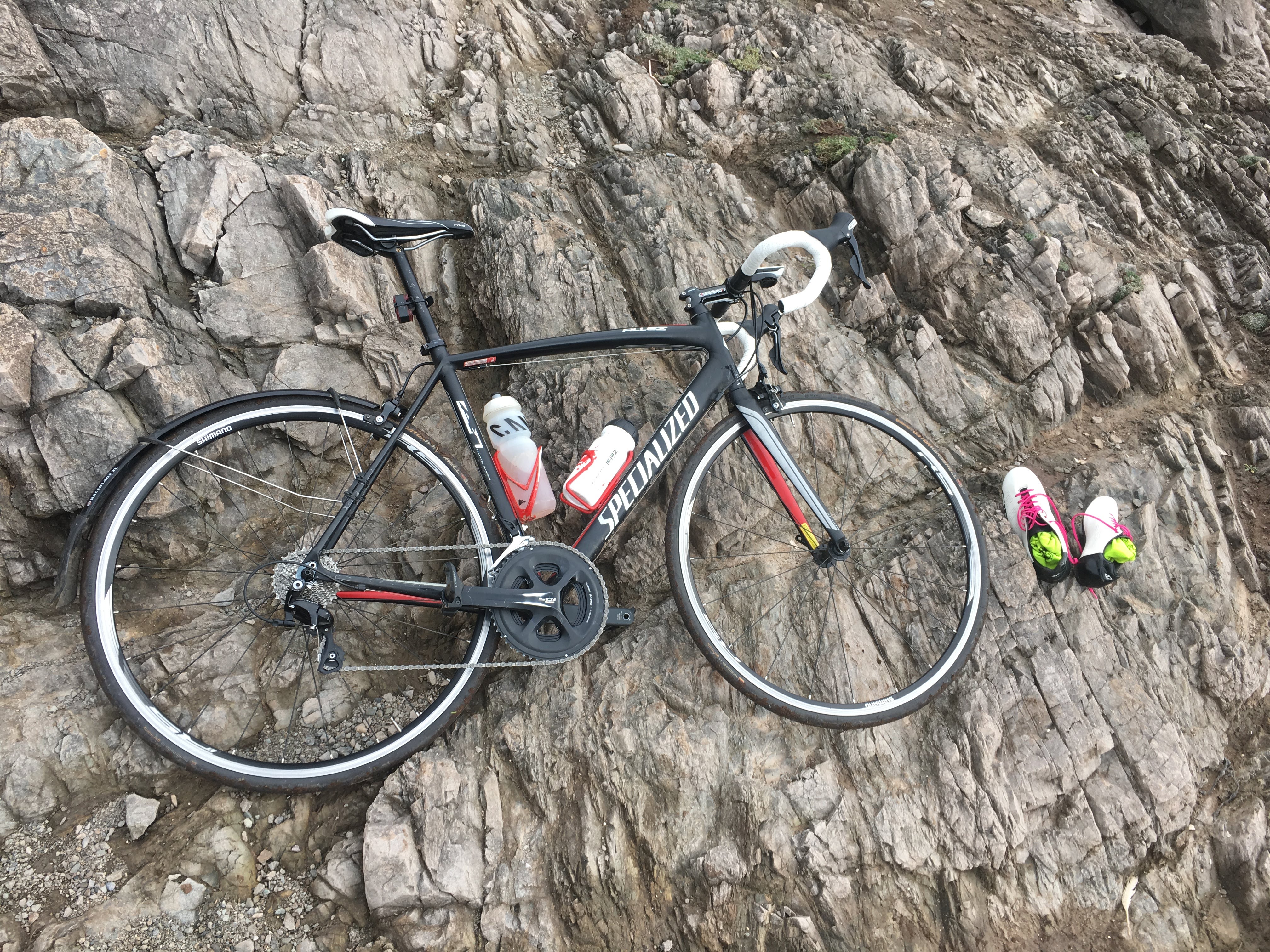
The only bike I really regret selling
I have owned more bikes than I care to count at this point, not even including those I’ve had in for review. I’ve bought and sold many, scrapped a few, and even given some away. The only one I regret letting go of was my 2011 Allez Double, back when you could still opt for a triple chainset on a road bike (God, I feel old now…). I rode it every day to university, I commuted to work on it afterwards for years, and all of my firsts were on it: First 50km, 100km, 100miles, 200km, crash etc.. I put mudguards on it for winter. When the time came, I stripped it of its component parts and replaced the entire groupset. And yes, I slammed the stem, learning the basics of all of my mechanical knowledge. I probably put more miles in on that bike than any since, and would often take it out over my carbon ‘race bike’, which I never raced, even in good weather.
I slipped a disc in 2016 and could no longer ride the slammed position, and thanks to a trimmed steerer I decided to sell it. My best friend warned me not to. "It’s worth more in sentimental value", he said, and he was sadly right. This story will perhaps resonate with some of you, and to others, I hope it serves as a warning. If I could find that bike again I’d buy it in a heartbeat if only because I’m a big softie.
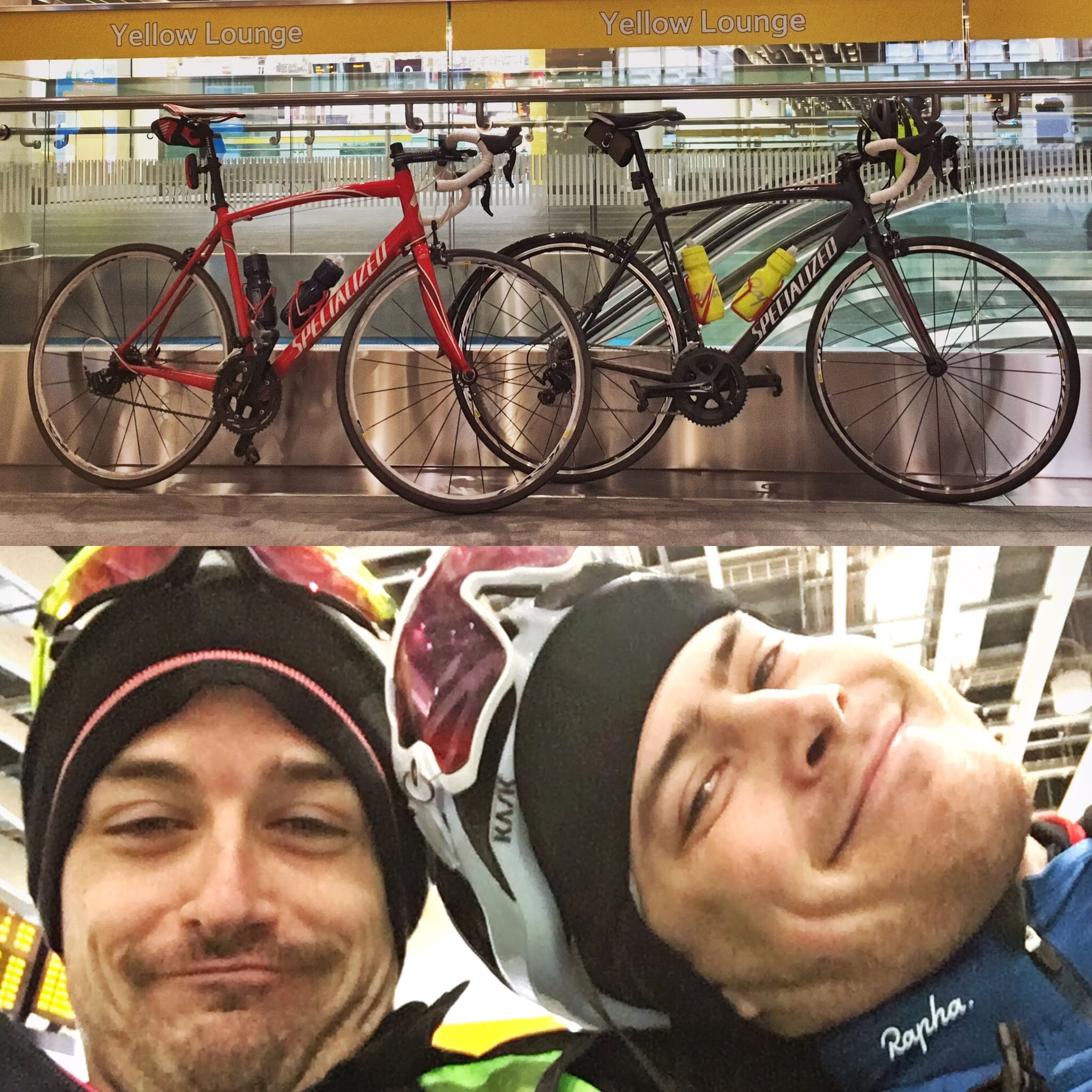
This isn’t necessarily a comment on how good the bike was to ride, or a reflection on whether the new version is any good either, but more an illustration that first bikes matter, and so this new Allez, basic as it may be in the context of the Cycling Industrial Complex, matters greatly as it will likely sell in large numbers.
I’m heartened to see mudguard and rack mounts, giving more riders the opportunity to ride through the winter, or enjoy some light touring with ease, and truth be told I’m glad to see it adopting disc brakes too. I personally still enjoy riding rim brakes, but given the ubiquity of discs now they are already a retrogrouch curio more than a viable option for all but the most basic of setups, and to not spec them would be to do a disservice to budding enthusiasts.
I am also sad that we could only get our hands on a size 58 frame, meaning I haven't had the chance to see how the bike rides nearly a decade on from my first experience, but perhaps that’s a good thing. I’d hate to be disappointed.

Will joined the Cyclingnews team as a reviews writer in 2022, having previously written for Cyclist, BikeRadar and Advntr. He’s tried his hand at most cycling disciplines, from the standard mix of road, gravel, and mountain bike, to the more unusual like bike polo and tracklocross. He’s made his own bike frames, covered tech news from the biggest races on the planet, and published countless premium galleries thanks to his excellent photographic eye. Also, given he doesn’t ever ride indoors he’s become a real expert on foul-weather riding gear. His collection of bikes is a real smorgasbord, with everything from vintage-style steel tourers through to superlight flat bar hill climb machines.